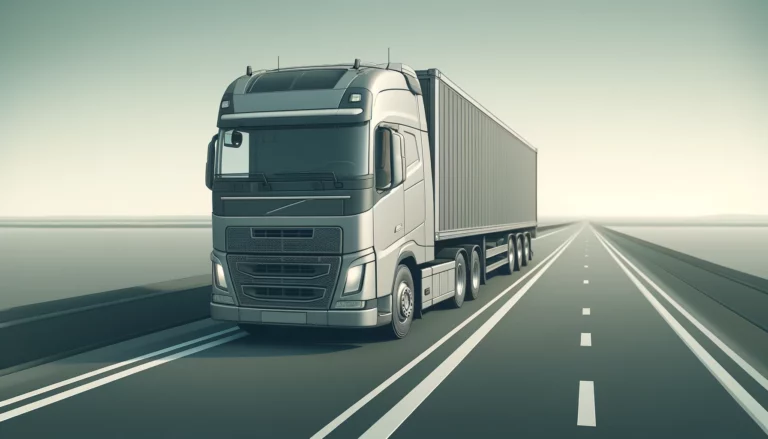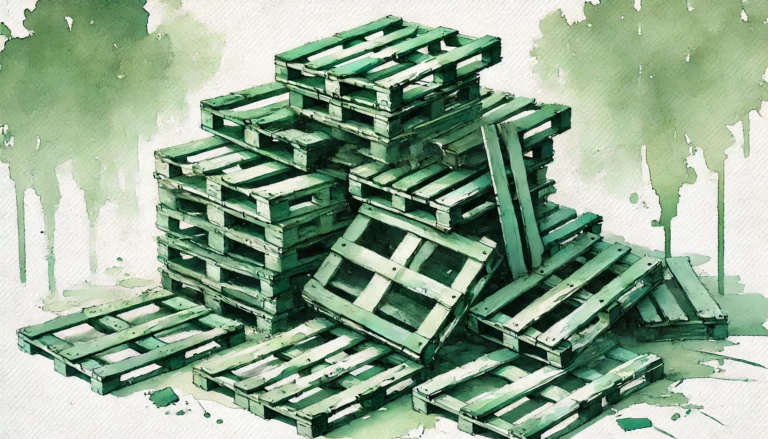An investment that pays off - waste transport permits

With the upcoming changes in European environmental legislation, one key element deserves attention - the waste transport permit. It will simply not be profitable for transport companies not to have such a document. All because falling rates for normal freight have, in a way, forced hauliers to look for alternatives. What was once voluntary will soon become necessary.
Waste transport permits yesterday and today
With planned changes to Regulation 1013/2006 focusing on greater control of the movement of waste in Europe, waste transport permits are becoming an indispensable part of haulage companies' operations. Hauliers no longer want to rely on luck and assurances from freight forwarders that they do not need any permits. They want peace of mind and are increasingly turning to documents that will allow them to transport waste legally.
This may have been motivated by media reports. After all, the past year has been full of information about various types of crime related to inappropriate waste management. Foreign portals reported, among other things, on the conflict between the Poland and Germany. At its core was illegal transport of tens of thousands of tonnes of waste. There has also been a buzz about Sweden, where for some time there has been a record of increase in the number of crimes related to waste. This 'business' generates profits of 260 trillion euros a year.
An investment that will pay off
We have already written about the fact that the transport industry is in a worse condition. Last year an average of 1 in 5 companies had to declare bankruptcy, the cost of doing business increased while freight rates fell. This situation has required hauliers to look for alternative sources of income. They are therefore choosing more often to permits for waste transport. They conclude that it is better to invest a few hundred euros and have a job than to risk a fine of several thousand euros or imprisonment. The calculation is simple.






